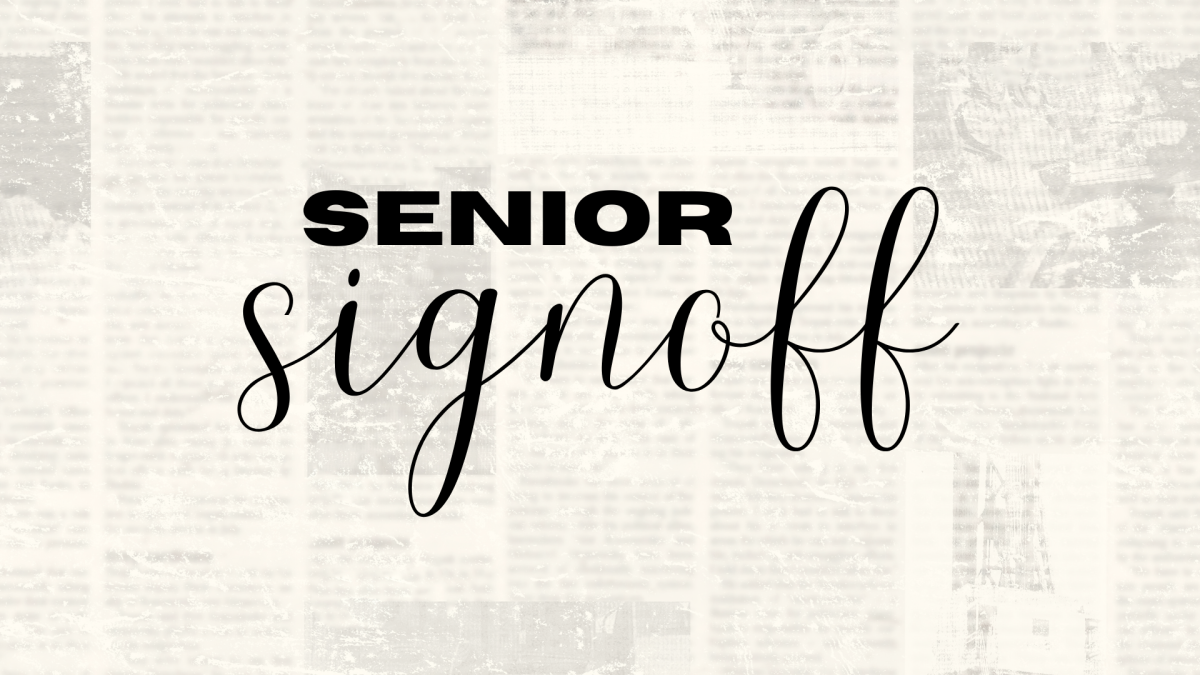‘Butter’
April 18, 2016
The book Butter by Erin Jade Lange is a dark tale told in a light hearted manner. The story is about a morbidly obese teen who finally decides to end his life with a live streamed pig-out of all his favorite foods. The main character, dubbed “Butter” by his peers, weighs 423 pounds and has struggled with his weight since childhood. Butter has few friends and is known as a social outcast in school, where he spends most of his time trying not to call attention to himself. Butter finds solace in his outstanding talent for the saxophone and in conversing with his crush, Anna, online under the guise of an athletic socialite, but for the most part his life is pretty empty. After standing up for Anna and being publicly humiliated by his popular classmates, Butter decides to finally make waves by creating a website declaring his plans for suicide. When his classmates start chiming in and the popular crowd begins to acknowledge Butter after his gutsy move, Butter begins rethinking everything he assumed about the people around him and his own desires to die.
The book Butter is a well written narrative that gives us a realistic view of the other side of an eating disorder than represented in popular media- an overeating disorder. Whereas most people can sympathize with the mental baggage that comes with disorders like anorexia or bulimia, the book Butter also pairs this mental baggage with overeating. In our culture today, we focus on what a tragedy anorexia is, but tend to see some morbidly obese people as irresponsible and disgusting instead of considering those same factors that lead to anorexia. Butter certainly doesn’t have any serious mental problems or an excessively troubled past, but the book reveals that his weight and overeating behaviors stem from his way of thinking. While there is no specific, tragic reason that is making Butter overeat, we slowly see that his extreme pessimism leads him to not having the faith to try at anything, and therefore he finds stability in food, which will always be consistent in its comfort for him. We see this connection even more as Butter begins to expose himself to his peers, slowly losing his desire for food as he continues to put himself out there with fewer and fewer reservations. To see his progression mentally, not really in his weight loss journey, and how it automatically sparks a response in his body, gives the reader more insight to just how personal a process to healthy living is.
I also appreciated how few of the characters seemed to be black and white. Butter’s mother, who loves him more than anything, feeds him his favorite comfort foods in order to cheer him up. Butter’s father, concerned about his son’s weight gain and health, finally loses hope and stops interacting with Butter all together. The popular gang that rallies around Butter seems to cheer him on, acting friendly and accepting him in their social circle, but at night on Butter’s website, they post morbid comments egging Butter on to his last meal. Even Butter himself is much more relatable when observing his flaws. Though a kind hearted guy with a lot of pain in his past and a resigned outlook about his body and his life, he can still have petty feelings and impulsive actions that cause him to look immature and foolish. But his shallow actions only emphasize the teenage insecurities and flaws present in all of us at that age, and seeing Butter fall made me love him almost as much as watching him fly because the reasons behind his actions were so clear and relatable, even if he was wrong.
This book is not perfect because it tells the story of a bunch of imperfect people. The majority of it is surprisingly well handled for such an extreme and serious topic. I would definitely recommend reading this book.






